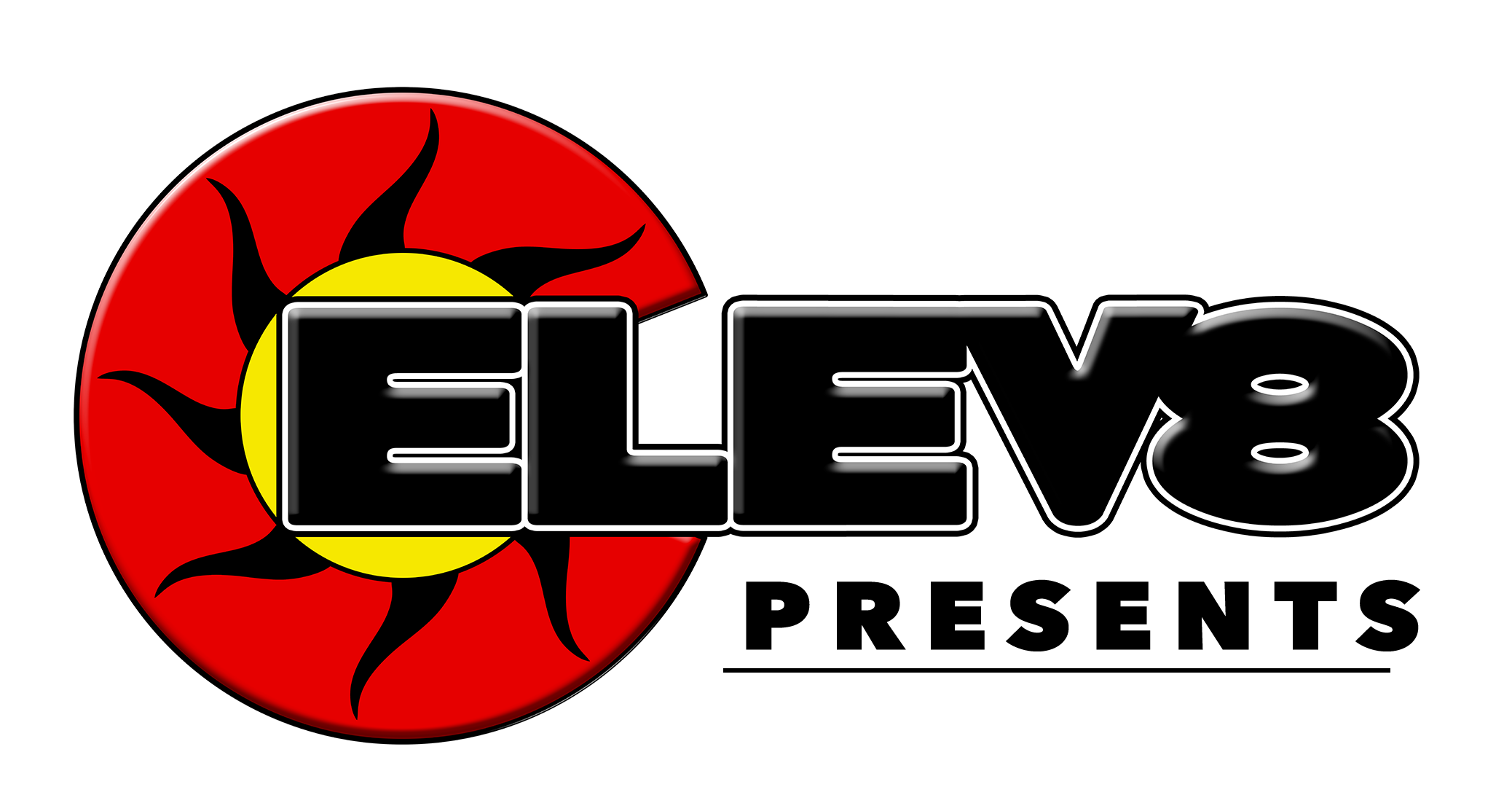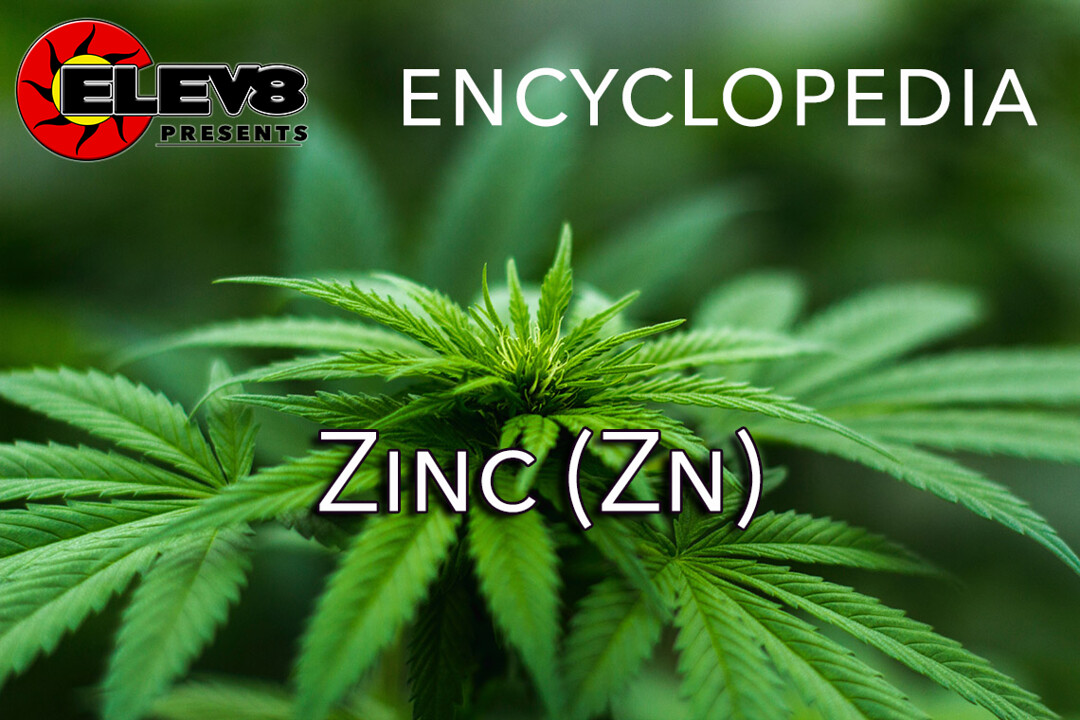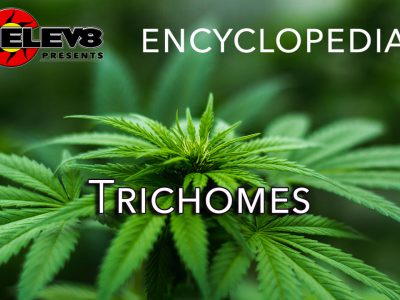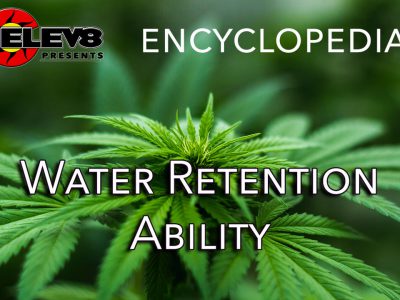What does Zinc (Zn) mean?
Zinc is one of the chemical elements on the periodic table with the symbol Zn and the atomic number 30. It is the 24th most abundant element on Earth’s crust and has five stable isotopes.
Zinc is an important mineral that is naturally present in some food. It is even added to foods lacking zinc and is available as a dietary supplement.
In horticulture, zinc is considered a micronutrient that aids plants in the production of chlorophyll and assists with overall healthy plant growth.
More Info On Zinc (Zn)
Zinc is a micronutrient, meaning it is required by plants in smaller quantities than macronutrients. In plants, the main function of zinc is to help in producing chlorophyll. Without zinc, plant growth is stunted and the leaves become discolored due to the deficiency in zinc. This discoloration is called chlorosis, which causes the tissues between the veins to turn yellow while the veins remain green, usually affecting the bottom part of the leaf near the stem.
Zinc deficiency occurs when plant growth is limited because the plant cannot take up sufficient quantities of zinc. This makes zinc deficiency one of the most widespread deficiencies in crops and pastures worldwide, causing huge losses in terms of crop production and crop quality.
While zinc is a vital nutrient for plant growth, it is only required in very small quantities. As such, it is often included in general, all-purpose fertilizers and is especially added to hydroponic nutrient solutions.
Although zinc requirements vary among crops, zinc leaf concentrations (on a dry matter basis) in the range 20 to 100 milligrams per kilogram of crops are enough for most crops.







